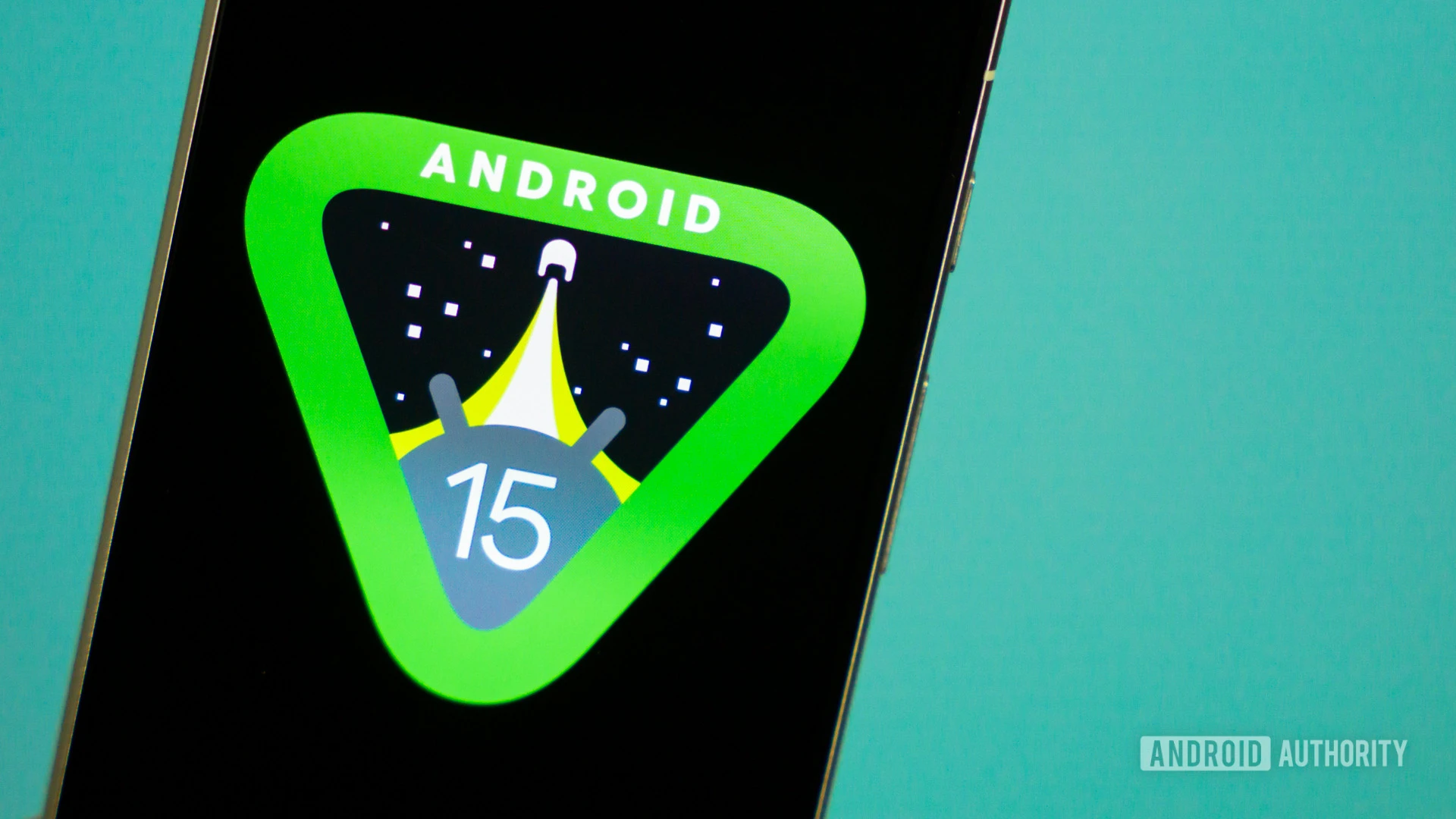Android 15 can tell you how long your phone's storage chip will last
Android 15 can tell you how long your phone's storage chip will last

www.androidauthority.com
Android 15 can tell you how long your phone's storage chip will last

Android 15 can tell you how long your phone's storage chip will last

Android 15 can tell you how long your phone's storage chip will last
